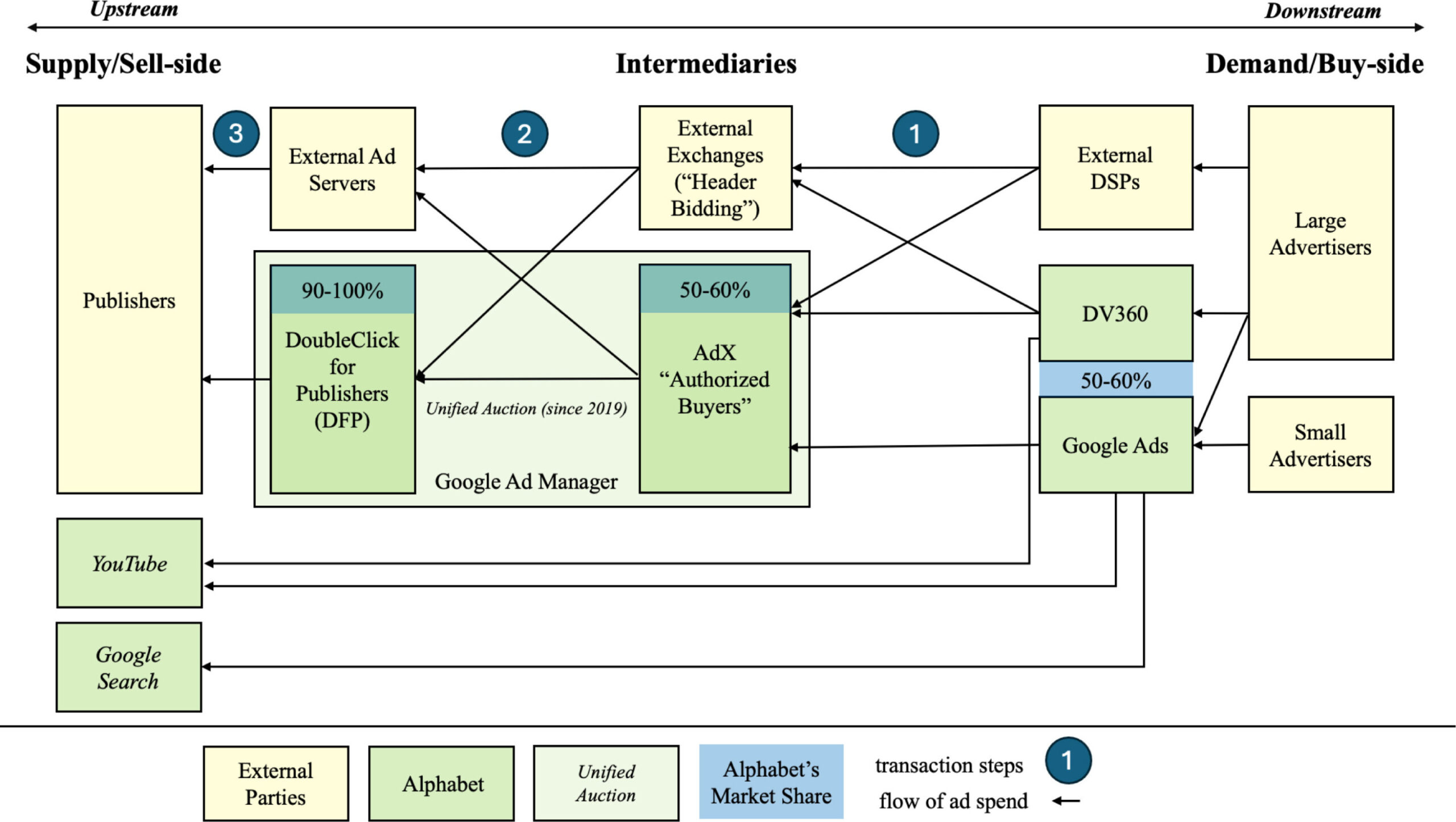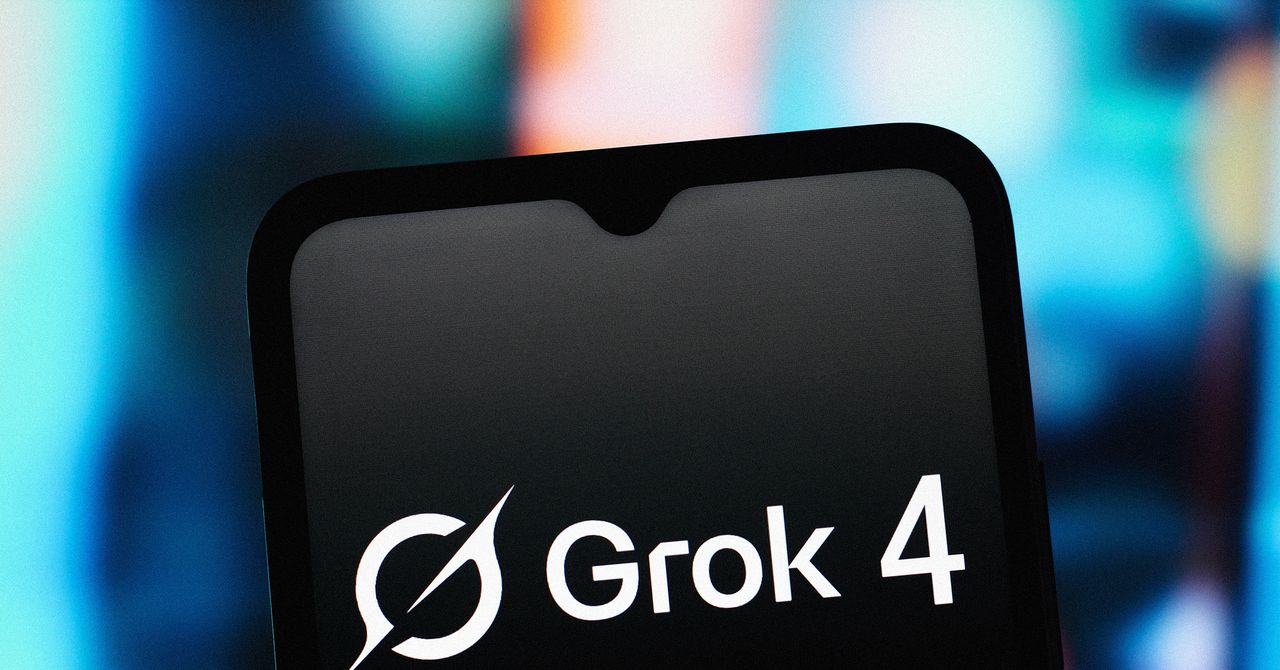
Alphabet, Google’s parent company, dominates large parts of the technical infrastructure for the digital advertising market. This includes the supply chain through which advertising space is now traded automatically. This system, known as programmatic advertising, decides within milliseconds which ad is displayed to which user.
What was once seen as a promise of greater efficiency and transparency has consolidated into a structure in which Google is now the leading provider at every level. It often makes purchasing and sales decisions for advertisers and website operators at the same time, sets the auction rules and competes on the seller side with offers from independent media companies.
“This bundling of economic roles creates structural conflicts of interest that can ultimately lead to a decline in the diversity of freely accessible online content,” explains Alexander Witte, who is researching competition between advertising technology platforms at the DFG Research Training Group “Digital Platform Ecosystems” at the University of Passau.
Together with his doctoral supervisor Professor Jan Krämer, Witte compares in a new study how behavioral requirements, such as transparency or interoperability rules, and structural interventions, including unbundling, affect this area of tension. Their conclusion: In such a highly complex, non-transparent system, it is almost impossible to enforce behavioral rules completely—constantly monitoring millions of real-time auctions would be costly and would not affect Google’s incentives.
According to the authors, fair competition can only be restored if the structural conflicts of interest are separated at their root. The study, entitled “Evaluating structural and behavioral remedies for anticompetitive conducts in the ad tech ecosystem,” was published in June 2025 in the journal Telecommunications Policy.
Key findings:
- Because Alphabet simultaneously collects data, offers the largest services for selling and purchasing advertising space, and determines the rules of the marketplace, it has an incentive to favor its own services.
- Such self-preferencing includes exclusive interfaces and Google’s own data streams, which make it difficult for competitors to access advertising space and target groups. As a result, advertisers tend to funnel their budgets primarily to Google’s services, and website operators also primarily choose Google’s services so as not to risk losing revenue from the sale of advertising space.
- The high costs of comprehensive monitoring of equal treatment or disclosure obligations in this case reduce their effectiveness. Targeted unbundling is more effective because it removes the incentive for self-preferencing from the outset.
What targeted structural unbundling could look like
“We don’t want to break up Google, but rather resolve the conflict where it arises,” says Alexander Witte, lead author of the study. The study recommends that the company should completely discontinue its management of advertising budgets for advertising space on other website operators. This would eliminate any Google-owned entity that places bids on the “open web” while simultaneously setting auction rules.
Specifically, the researchers’ proposal means that Alphabet would have to sell its Display & Video 360 bidding platform. The company would be allowed to keep the Google Ads service, formerly AdWords, but strictly limited to its own advertising inventory.
“This would allow Google to continue marketing its reach without appearing as a seemingly neutral seller on the open web,” emphasizes Witte. The conflict of interest of being both auctioneer and participant would be eliminated, and the regulatory burden would be drastically reduced.
More information:
Alexander Witte et al, Evaluating structural and behavioral remedies for anticompetitive conducts in the ad tech ecosystem, Telecommunications Policy (2025). DOI: 10.1016/j.telpol.2025.102955
Citation:
Study of Google’s advertising power: Regulation alone is not enough (2025, July 15)
retrieved 15 July 2025
from https://techxplore.com/news/2025-07-google-advertising-power.html
This document is subject to copyright. Apart from any fair dealing for the purpose of private study or research, no
part may be reproduced without the written permission. The content is provided for information purposes only.



